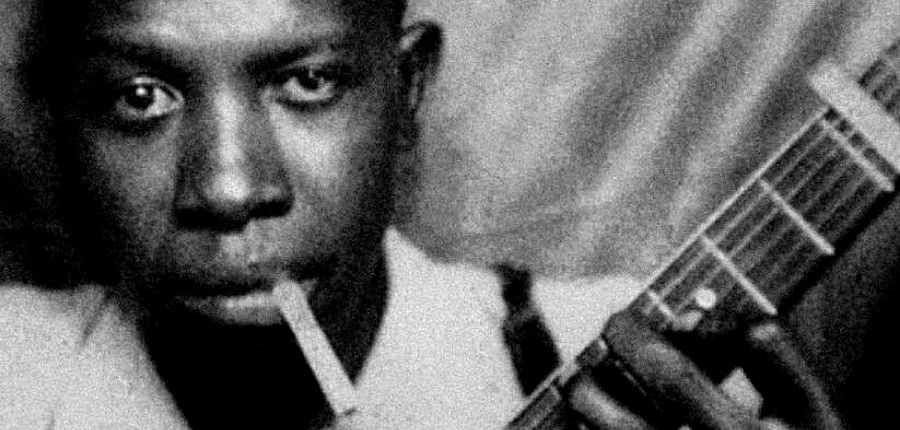“I got to keep movin’, I got to keep movin’
Blues fallin’ down like hail, blues fallin’ down like hailHmm-mmm, blues fallin’ down like hail, blues fallin’ down like hail
And the days keeps on worryin’ me
There’s a hellhound on my trail, hellhound on my trail
Hellhound on my trail…”-Robert Johnson, “Hellhound On My Trail,” 1937
In Pioneer’s ongoing series of blogs on curricular resources for parents, families, and teachers during COVID-19, this one focuses on:
Celebrating American Blues Music.
“When Adam and Eve first saw each other, that’s when the blues started. No matter what anybody says, it all comes down to the same thing: a man and a woman, a broken heart and a broken home,” said the blues legend, John Lee Hooker. In the rural American South, the Black Church was the primary institution where African Americans could find some solace and liberty from Jim Crown laws, poverty, and racism. Blues music would also serve as a powerful source of soul-healing for Black people in Mississippi enduring discrimination, backbreaking work, and few economic opportunities beyond sharecropping.
The origins of the blues are somewhat unclear, but with its roots in three basic chords, “bent notes,” hymns, field hollers, spirituals, work songs, prison chants, and farmyard shouts accompanied by diddley bows, washboards, jugs, guitars, harmonicas, and foot stomping, the rural blues of former Black slaves, sharecroppers, and field hands, revolutionized 20th-century music and culture all over the world. Jazz, country, folk, rock & roll, R&B, rap, and hip hop are all ultimately grounded in 1920s and ‘30s Mississippi Delta blues.
Called the “devil’s music” by churchgoing Southern African-Americans, the blues is full of popular folklore and legends – like Mississippi Delta bluesman Robert Johnson supposedly going to the crossroads selling his soul to the devil in exchange for musical genius. Like many pieces of great art, the source of the blues isn’t any deal with unearthly evil, but very much derived from human heartache, deprivation, longing, and ceaseless man-made injustice. The greatness of the blues though is that its best artists have used this music to heal and transcend hardship.
The musical debt that the world owes to the blues greats is incalculable. This is the story of those on the margins of society changing everything. Often poor, unknown, neglected, or forgotten brilliant Black blues songwriters, singers, and musicians, including Charley Patton, Robert Johnson, Son House, Skip James, Ma Rainey, Bessie Smith, Howlin’ Wolf, Muddy Waters, Willie Dixon, B.B. King, and Big Mama Thornton, wrote and performed the tunes that transformed human beings appreciation of music and how they understood their lives.
As music historian Ted Gioia tells us, the blues are disappearing from popular music, because of modern technology and it not being taught. American schoolchildren need to know more about the basics of blues music history and its many African-American geniuses, who reshaped the sounds and rhythms of all peoples across the globe. To remedy this, we’re offering a variety of resources to help parents, teachers, and high schoolers:
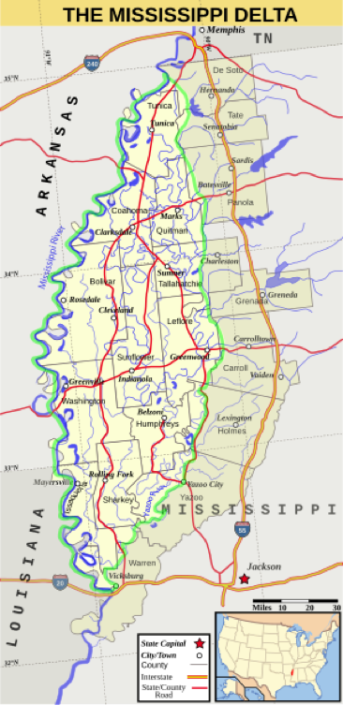
The Mississippi Delta

Dockery Plantation, Dockery, Mississippi
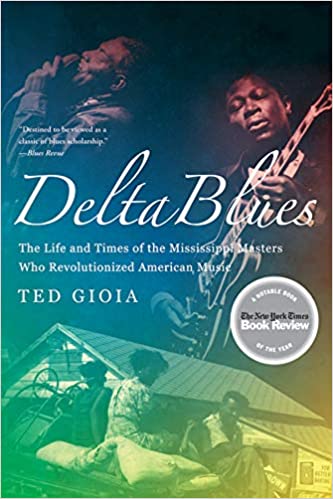
Delta Blues: The Life and Times of the Mississippi Masters Who Revolutionized American Music, by Ted Gioia
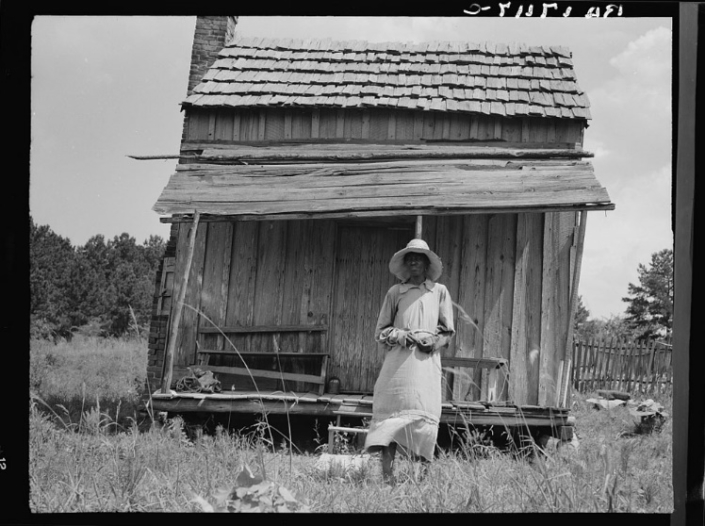
Sharecropping
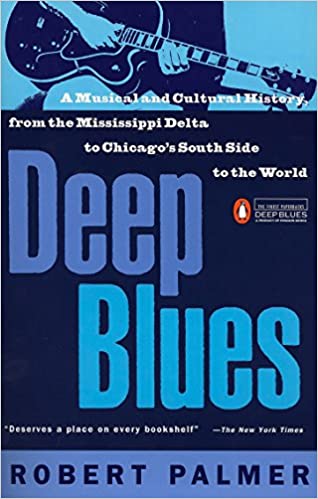
Deep Blues: A Musical and Cultural History of the Mississippi Delta, by Robert Palmer
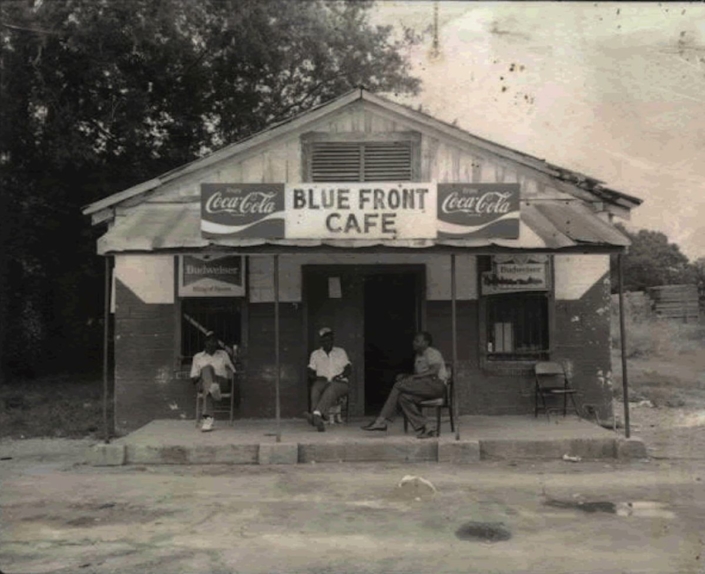
Juke Joint
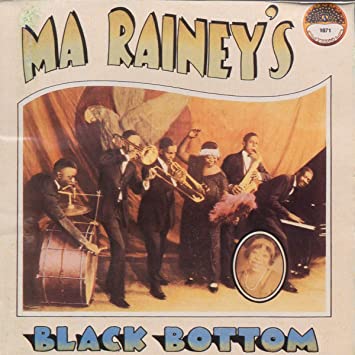
Ma Rainey’s Black Bottom, by Ma Rainey (CD)
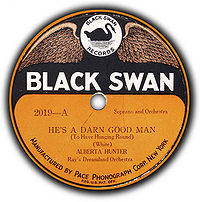
Black Swan Records, Harlem, NYC
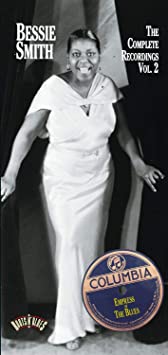
Bessie Smith: The Complete Recordings, by Bessie Smith (CD)
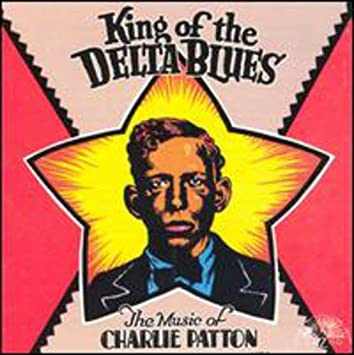
King of the Delta Blues, by Charlie Patton (CD)

King of the Blues, by Blind Lemon Jefferson (CD)
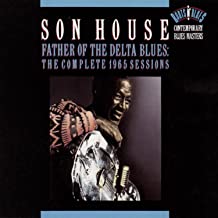
Father Of The Delta Blues: The Complete 1965 Sessions, by Son House (CD)
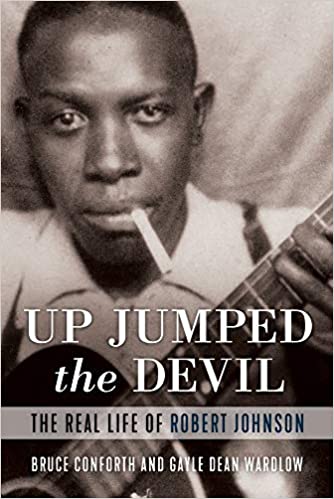
Up Jumped the Devil: The Real Life of Robert Johnson, by Bruce Conforth and Gayle Dean Wardlow
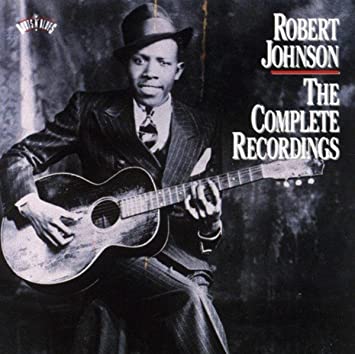
The Complete Recordings, by Robert Johnson (CD box set)
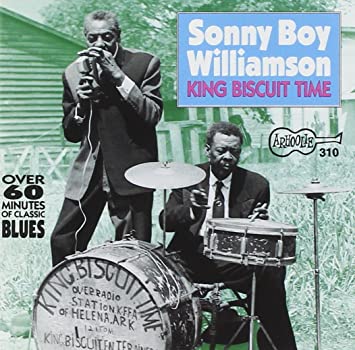
King Biscuit Time, by Sonny Boy Williamson (CD)
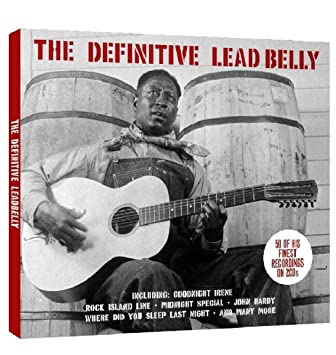
Definitive Lead Belly, by Lead Belly (CD)
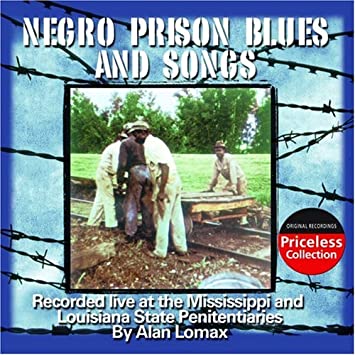
Negro Prison Blues and Songs, compiled by Alan Lomax (CD)
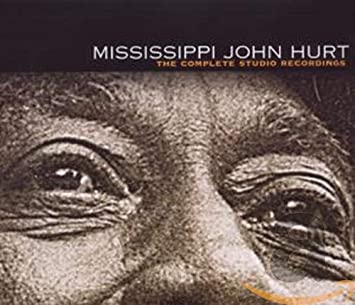
Complete Studio Recordings of Mississippi John Hurt, by Mississippi John Hurt (CD)
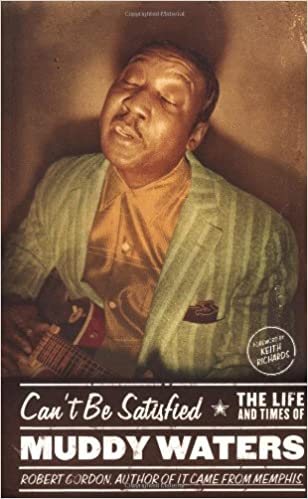
Can’t Be Satisfied: The Life and Times of Muddy Waters, by Robert Gordon
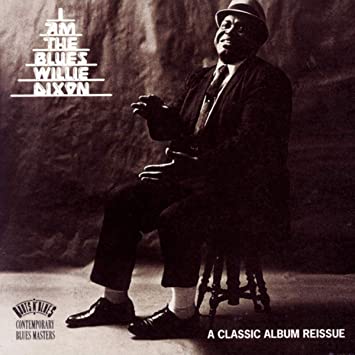
I Am the Blues, by Willie Dixon (CD)
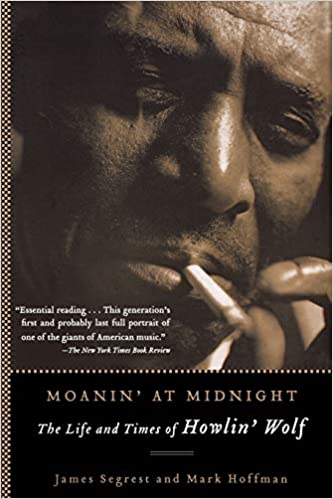
Moanin’ at Midnight: The Life and Times of Howlin’ Wolf, by James Segrest

The Chess Box: Muddy Waters Box Set, by Muddy Waters (CD)
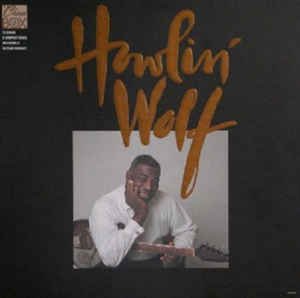
Howlin Wolf: The Chess Box, by Howlin’ Wolf (CD)
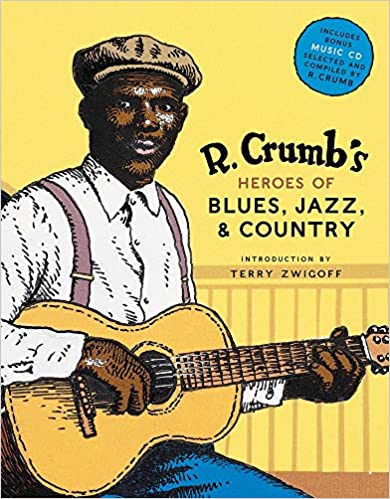
Crumb’s Heroes of Blues, Jazz & Country, by R. Crumb

Complete Vanguard Recordings of Big Mama Thornton, by Big Mama Thornton (CD)
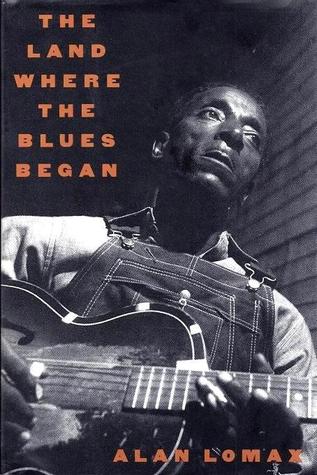
The Land Where the Blues Began, by Alan Lomax
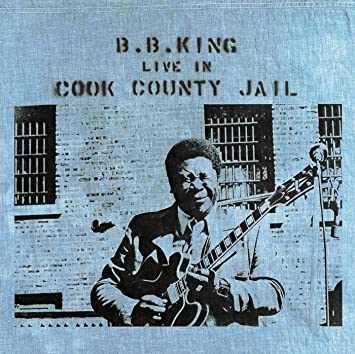
Live In Cook County Jail, by B.B. King (CD)
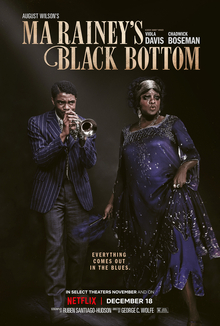
Ma Rainey’s Black Bottom, Netflix movie
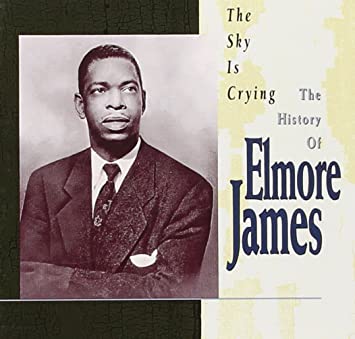
The Sky Is Crying: The History of Elmore James, by Elmore James (CD)
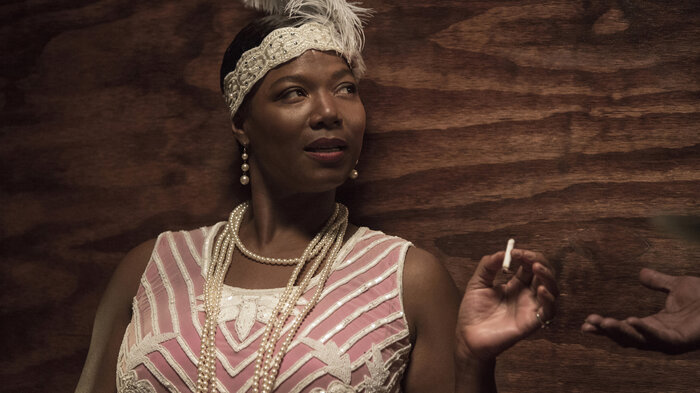
Bessie, HBO TV film
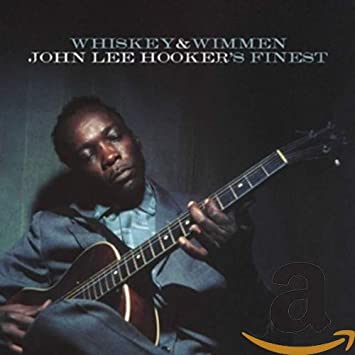
Whiskey & Wimmen: John Lee Hooker’s Finest, by John Lee Hooker (CD)
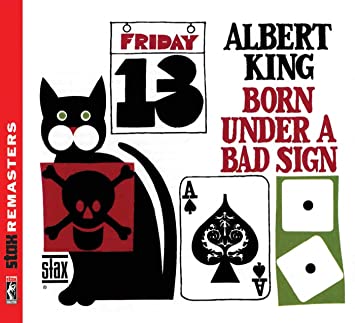
Born Under A Bad Sign, by Albert King CD)
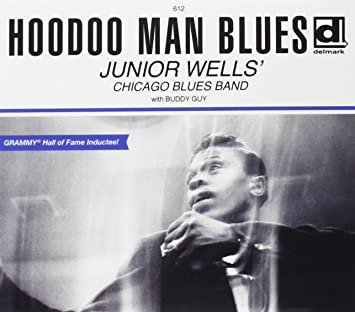
Hoodoo Man Blues, by Junior Wells and Buddy Guy (CD)
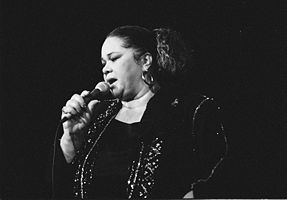
Etta James
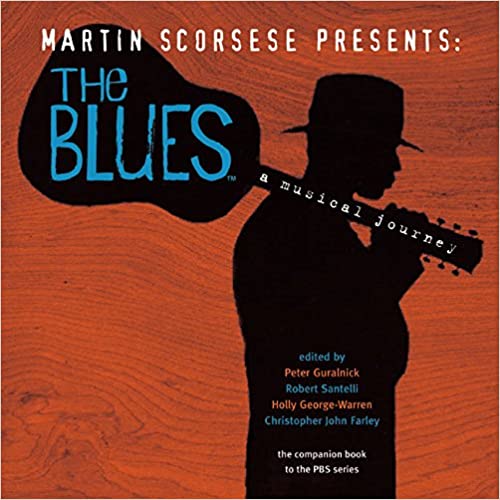
Martin Scorsese presents The Blues – A Musical Journey (DVD Box Set)


